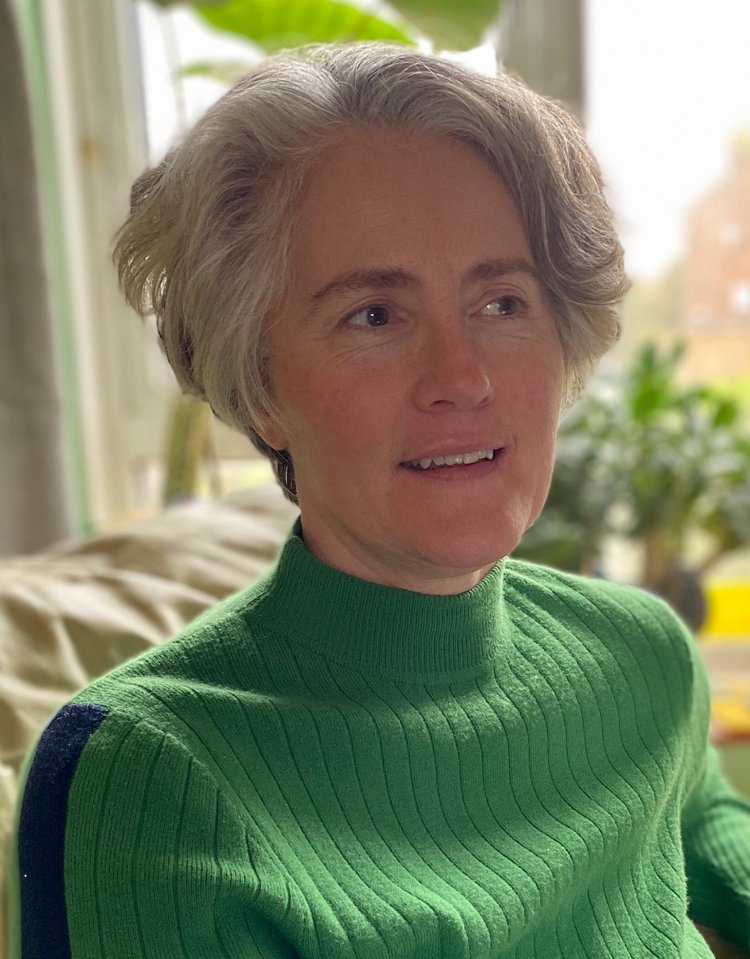Initial half hour meeting and assessment
I offer potential new clients an initial half hour meeting, charged at £15, either in person at my Brighton based therapy room or via Zoom. This is not a counselling session but a chance to meet, to get a sense of the ‘fit’ for working together, to answer any questions and to find out some more about how counselling or EMDR may be helpful at this time.
If we agree, I share my contract and complete, usually two, further ‘assessment’ sessions. Some people can complete the assessment in one session but it’s more usually two. Sometimes, when people have complex personal histories, the assessment can take more than two sessions.
My assessment is a list of questions that we complete together. This includes your early life, school, other education and/or work, any relationship history, physical and mental health, diagnosis (and how you feel about these), personal strengths and resources, previous therapy and medication. My assessment includes 3 forms that screen for dissociation and PTSD (Post Traumatic Stress Disorder).
To view the forms please copy, paste and search links below.
Dissociative Experiences Scale
https://www.hebpsy.net/files/ruZXkl5YGeKcvt6dBZpS.pdf
Impact of Events Scale
https://www.aerztenetz-grafschaft.de/download/IES-R-englisch-5-stufig.pdf
CAPS LEC form (to view a copy of this form please scroll to the bottom of this page)
The assessment allows us to begin to build a trusting relationship, establishes your goals for counselling or EMDR and where you would like to begin. It helps me assess any psychoeducational needs you have eg. Support with grounding or calming of unpleasant symptoms of anxiety, trauma or depression.
I can answer any questions you have about the assessment process during the initial half hour meeting. Please see my Data Privacy Notice and IOC certificate page for details of how I store your data.
If meeting in person, below is my therapy room address, Google maps link and photo:
Suite 1,
Kemptown House,
72 Carlton Hill
Brighton
BN21GW
https://goo.gl/maps/aKgVEKCc9SjnoveU8
How I work
People come to counselling to be able to talk through their thoughts and sometimes difficult feelings or body sensations. In order to speak openly, they need to trust the counsellor; to feel safe and not judged. So, the first focus of counselling is to create a supportive 'therapeutic relationship' between counsellor and client.
Carl Rogers, the founder of Person-Centred Counselling, suggested that three conditions were necessary to create a 'therapeutic relationship'.
Empathy - the client feels that the counsellor deeply understands their individual experience.
Congruence - the counsellor is genuine in their relationship with the client and the client feels able to trust them.
Unconditional Positive Regard - the counsellor does not judge the client or whatever they bring to sessions. The client feels warmly and fully accepted.
In providing these 3 conditions I work to create an environment that enables a person to develop a compassionate connection to themselves, to feel safely connected to me and with the benefit of these two things, to begin their healing journey.
The next part of the work is to help clients to build up resources; including sharing and practicing ideas to ‘put the break’ on or stabilise unpleasant symptoms of trauma such as anxiety, panic, overwhelm, obsessive thoughts or behaviours, low mood, numbness or feeling on ‘auto-pilot’.
If clients would like to and when they feel more resourceful and stable, we can move on to process specific difficult or traumatic events. This enables the pieces of their story to fit into a life narrative that makes sense and feels ‘historical’.
Trauma Counselling Stages
“Survivors of trauma may have thoughts and mental images of welcoming others in a warm embrace, but their bodies are hypervigilant and resist engagement, to protect and defend”
“Safety IS the treatment ”
My practice is guided by Judith Herman’s ‘3 Stages of trauma recovery’.
Stage 1: Safety and Stabilisation
I first focus on increasing clients sense of safety and stability. This includes identifying and increasing client resources and sharing and teaching psycho-educational techniques to manage body felt symptoms of trauma or anxiety. Clients develop their own ‘toolbox’ of resources to be practiced in and outside of sessions. Practicing ways to regulate together in the sessions, can be helpful too.
I introduce the ‘The Window of Tolerance’ (below) and ‘Subjective Units if Distress’. These ideas increase the clients ability to ‘read’ and understand the meaning of their physical symptoms, to practice appropriate ways to respond when in distress eg. when feeling panicky or low and to develop confidence to manage any symptoms outside of sessions. For some people this stabilisation stage is the work we do together. Once people feel more stable, they may choose to go on to process their trauma; which is stage two.
Stage 2: Trauma processing
Once you have the skills to manage your trauma or anxiety symptoms and if you are sufficiently stable we can move to ‘phase two’ which is about processing what happened.
The work of stage two includes:
Reviewing or discussing the impact of the trauma to lessen the intense feelings and physical symptoms
To consider the meaning of traumatic events on your life and identity
To process grief about unwanted or abusive experiences
EMDR (Eye Movement Desensitisation and Reprocessing) treatment. Since 2021 I have offered EMDR, a brain treatment, recommended by NICE (National Institute for Clinical Excellence) for PTSD. This treatment can help to lessen the disturbing and upsetting symptoms of trauma. EMDR is a specific trauma treatment and as such, has its own assessment and processes; separate to talking therapy.






